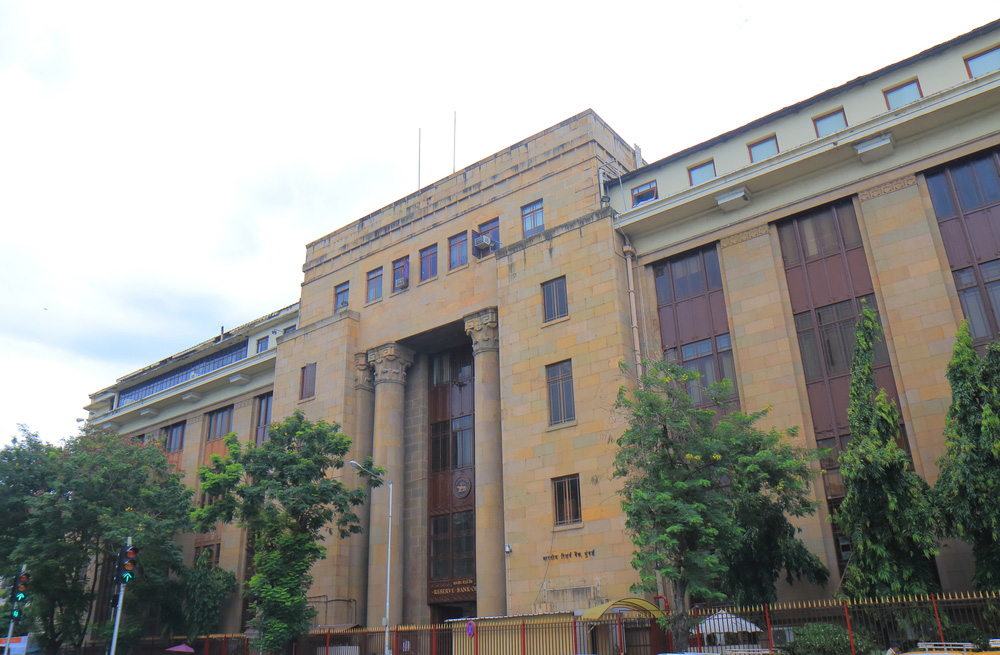The Reserve Bank of India (RBI) on Friday expressed strong dissent over the recommendations of a government panel on changes to the payment and settlement laws.
The panel, headed by economic affairs secretary S. C. Garg, had recommended the setting up of an independent payments regulatory board (PRB) to foster competition, consumer protection, systemic stability and resilience in the payment sector. In the finance bill of 2017, the government amended the Payment & Settlement Systems Act to provide for a regulatory board and commenced work on a detailed review of the act.
The initial suggestion was to provide for a PRB to be headed by the RBI governor as an ex-offico chairperson. However, the inter-ministerial committee suggested the chairperson should be appointed by the government in consultation with the RBI.
The RBI on Friday released the details of its dissent note on the various recommendations of the panel.
The central bank, which also regulates payment systems, made a case for the continuation of the practice when it said that they are a sub-set of currency and that the overarching impact of the monetary policy on payment and settlement systems and vice-versa provides support for regulation of payment systems to be with the monetary authority.
Further, there is an underlying bank account for payment systems which is under the purview of the banking system regulation that is vested with the RBI.
The central bank further pointed out that there are certain payment systems such as cards which are issued by banks globally. Dual regulation over such instruments will not be desirable.
As the payments are bank-dominated, the RBI is also of the view that the regulation of the banking and payment systems by the same regulator provides synergy and inspires public confidence in the payment instruments.
On the suggestion that the PRB should be an independent regulator, the central bank said there was no case for having a regulator for payment systems outside the RBI.
Here, the RBI agreed with a committee on digital payments headed by Ratan Wattal which had earlier said that the PRB could be set up within the overall structure of the RBI.
MPC vote
The minutes of the RBI’s monetary policy meet, held from October 3 to October 5, showed five of the six panel members voting for a status quo on the benchmark repo rate at 6.50 per cent. Chetan Ghate was the only monetary policy committee member (MPC) to vote for a 25 basis point hike in rates.
Though the MPC did not change the rates, it sees risks in the form of higher inflation on account of rising crude oil prices and a weak rupee, which indicates possible rate hikes in the future.
The RBI’s monetary policy committee sees a risk of rising headline inflation from high crude oil prices and a weak rupee, indicating potential rate hikes ahead even as it held rates unchanged at its last meeting. Minutes of the monetary policy committee’s October meeting, released on Friday, showed most committee members highlighted the upside risks to inflation while preferring to wait for greater clarity on the price pressures.











